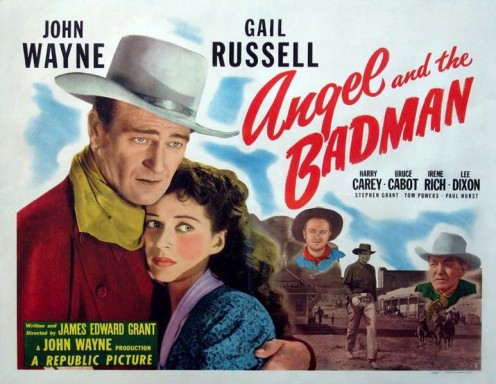How Movies Enter the Public Domain
How Films Enter the Public Domain
In the United States a film goes into the Public Domain if:
1. The film was never registered for copyright. Years ago, producers were required by the Library of Congress (LOC) to send in a 35 mm print for registration. This was too expensive for some producers. Many of the producers just forgot to file for copyright, went out of business, or deliberately chose not to file for copyright as the movie was done as a tax write-off. After a "reasonable time"the film fell into the Public Domain.
2. Until the law was changed in 1992, the copyright holder was required to renew the copyright in the 28th year. On January 1st of the 29th year, if a renewal wasn't filed with the LOC, the film fell into the Public Domain. After the law changed in 1992, any film that had fallen into the Public Domain (which covered all those produced prior to 1964) would remain in the Public Domain forever. All those films registered after 1963 would not be required to renew the copyright before the end of 28th year. The copyright would continue for a full 75 years (later extended to 95 years).
3. The film had to have a copyright notice on the front or at the end of the film, and many filmmakers simply forgot to include the information. It had to read "Copyright 19__, (Name of company or Individual). This occurred quite a few times over the years.
Most of the countries of the world are signatories to the Berne Copyright Convention. Under Berne Rules, if a film is in the Public Domain in the Country of Origin, it is considered to be in the Public Domain in all Berne Countries. Therefore, a film produced in the USA and in the Public Domain would be in the Public Domain everywhere.

